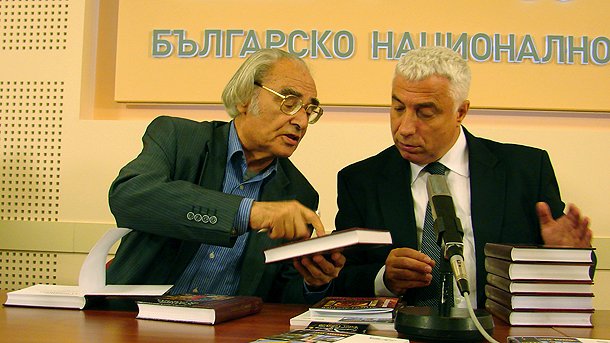
An exhibition titled "PICASSO: Graphics from the National Gallery Collection " will open at 18:00 pm this evening at Kvadrat 500 in Sofia. The National Gallery's collection includes twenty-one graphic works by Picasso, thematically connected to his..
Turning a new page, 2025 comes with hope and faith in better days, in peace that will prevail, in happiness and love. On the first day of January - Golyam Sechko, as it is known in the Bulgarian tradition - the mood is upbeat and smiles are everywhere...
"Thank you to Petar Angelov, Michaela Velichkova, Sonia Chakarova and all the members of the representative folklore ensemble Shevitsa for the wonderful performance they gave to the people of Tsaribrod on the occasion of the upcoming holidays," wrote..
''The Man Who Could Not Remain Silent'' was nominated for an Academy Award in the category of Best Live Action Short Film. It is a co-production with..
The well-known Cameroonian writer and activist, winner of the Prix Goncourt des Lycéens 2020, Djaili Amadou Amal , is visiting Bulgaria to participate in..
The Sofia MENAR Festival presents films dedicated to art in a selection entitled MENARt, BTA reports. On January 25, at the Cinema..

+359 2 9336 661
